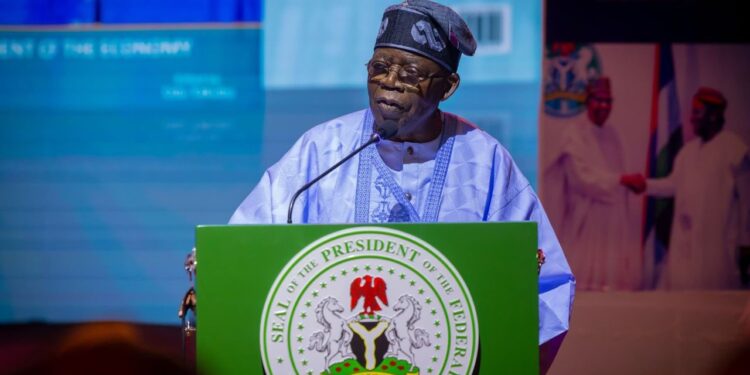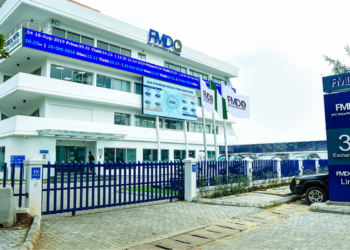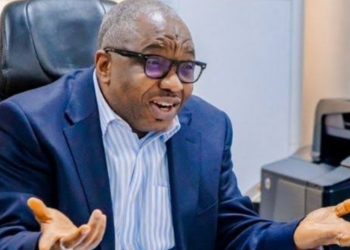The Federal Executive Council has suspended the Cyber Security Levy imposed on Nigerians by the Office of the National Security Adviser through the Central Bank.
This was communicated after the FEC meeting held on Tuesday, May 14, 2024, by the Minister of Information and Culture, Mohammed Idris. This is the first official communication of the government confirming the suspension of the levy.
The controversial levy had been applied to electronic bank transactions in accordance with the provisions of the Cyber Security Act of 2024. Banks were mandated to levy 0.5% on selected electronic bank transactions.
What the Minister is saying
According to the Minister, the controversial levy has been suspended and is undergoing a review. He stated that it was the position of the government to place it on hold.
“The position of the government is that this policy has been suspended, this policy has been put on hold; that is the position of the government for now. It is undergoing some form of review,” said the Minister.
The statement, which was broadcast on Channels TV, did not include further comments from the minister, particularly regarding what review was being carried out and how long it might take.
Outcry forces government U-Turn
The controversial levy was imposed on Nigerians via a circular by the Central Bank on May 6, stating that the deduction and collection of the cyber security levy follows the enactment of the 2024 Cyber Crime (Prohibition, Prevention, etc.) Amendment Act.
This act mandates a 0.5% deduction from the value of all electronic transactions to fund the National Cyber Security Fund, which would be administered by the Office of the National Security Adviser (NSA).
The policy has elicited strong reactions from Nigerians from all walks of life, criticizing it as a threat to economic growth.
Members of the House of Representatives have demanded that the Central Bank of Nigeria (CBN) temporarily withdraw the circular instructing banks to start implementing the 0.5% cybersecurity levy, labeling it as “ambiguous.” This response followed a motion of urgent importance to stop and revise the implementation of the cybersecurity levy, introduced before the House by Kingsley Chinda. The House stated that the CBN should withdraw the original circular and “issue a more understandable one.”
The presidential candidate of the Labour Party in the last general election, Mr. Peter Obi, described the Central Bank of Nigeria’s imposition of a 0.5% cybersecurity levy on Nigerians as exploiting a “dying economy” and burdening struggling Nigerians.
The Nigerian Association of Chambers of Commerce, Industry, Mines, and Agriculture (NACCIMA) has asked the Federal Government and the Central Bank of Nigeria (CBN) to cap the maximum amount for the newly introduced cybersecurity levy at N500 to lessen the burden on the private sector. In a statement seen by Nairametrics, the group raised concerns about the impact of the new levy on various aspects of the economy, noting that with over N600 trillion recorded in e-payments last year, 0.5% of this figure annually is significant. Given that the incident rate is significantly lower than the levy rate, the proposed levy should be reduced to N500.
These widespread reactions may have influenced the Federal Executive Council’s decision to suspend the controversial levy.
These widespread reactions may have influenced the Federal Executive Council’s decision to suspend the controversial levy.
Moreover, this decision comes at a critical time as the government will be celebrating its first year in power by May 29.
The suspension could be seen as an attempt to mitigate bad optics and alleviate public discontent in light of the economic challenges facing the nation.

















